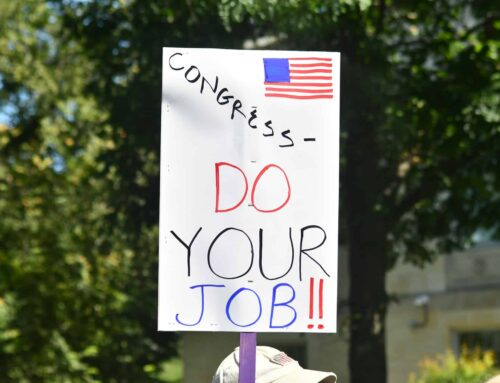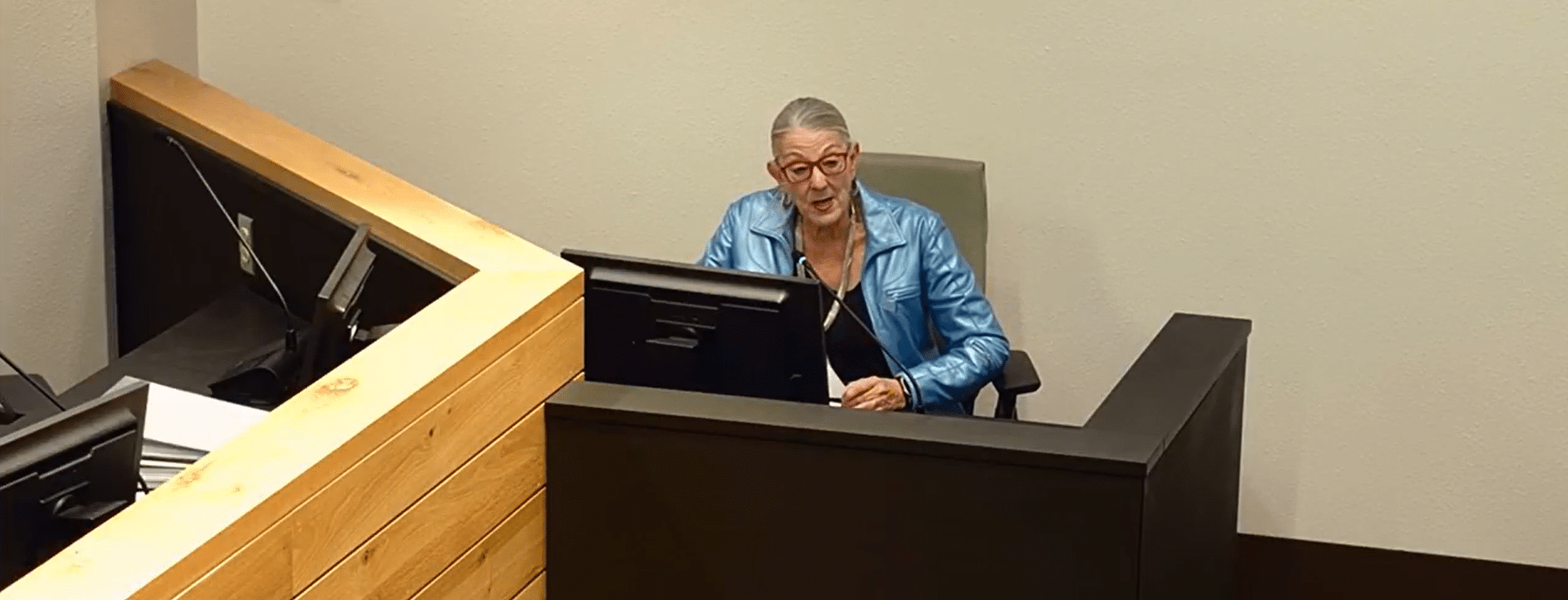“Why doesn’t somebody say that?”
This query came after a TCS staffer explained what the IRS was going to do with the increased funding from the Inflation Reduction Act (IRA). One thing we didn’t say was, “hire 87,000 new IRS agents” – even though that claim is what prompted the explanation.
Let’s face it. The Internal Revenue Service (IRS) is not a popular agency. Its role is critical for funding government, but their staff are not the most popular folks at cocktail parties.
Our country relies on voluntary tax compliance. No one wants to feel like a sucker – that they are the only one paying their taxes honestly. And that means the IRS is responsible for both helping taxpayers comply with the law and forgoing after those who employ abusive tax shelters or otherwise evade paying their legally obligated tax bill.
After years of stagnant funding levels, and even cuts, it’s become tough for the IRS to effectively do either. Their computer systems are antiquated, their workforce is among the oldest in government, and the agency is understaffed. Anyone who has called 1-800-TAX-1040 in recent years knows that it’s almost impossible to get someone on the phone.
So, the IRA included $80 billion for the IRS over the next decade. Will it be used to hire 87,000 people over that period? Yes. Will they all be agents? No. Will they in part replace the estimated 50,000 retirements the agency expects over the next decade (remember the older workforce)? Yes. There are in fact only a couple thousand “agents” (Criminal Investigators) in the IRS and here’s some of the important work they did last year.
Those funds will also enable the IRS to update their old computer systems including those programmed in COBOL and the agency’s 60-year-old master file system. Yes, the main system the IRS uses to manage the data of individual taxpayers and dispense refunds was launched before Apollo 11. These represent major security threats to all of us.
The funds will also enable the agency to target higher and exotic income tax filers for audits into whether they are using abusive tax shelters. In a May 2020 report, the Treasury Inspector General for Tax Administration (TIGTA) pegged the tax gap – the amount paid versus the amount owed – was $441 billion for tax years 2011-2013. Perhaps the title of that report highlighted one of the issues the funds in the IRA were intended to help solve: “High-Income Nonfilers Owing Billions of Dollars Are Not Being Worked by the Internal Revenue Service.” That seems like a problem. In fact, TIGTA reviewed records from Tax Years 2014 through 2016 and identified 879,415 high-income nonfilers (taxpayers not filing on time and not paying tax due) that on average owed nearly $52,000 per individual. The top 100 in each of those years contributed – or rather didn’t contribute – $9.9 billion in estimated tax due.
That’s just nonfilers, so we’re not even talking about off-shoring schemes, abusive tax shelters, and outright cheats.
One other thing the funds will help finance is for the IRS to investigate creating its own free-file system. In an earlier agreement the major tax preparers like Intuit (TurboTax) and H & R Block implemented the free-file system that’s currently in use. But let’s face it, these companies have a vested interest in taxpayers paying for the filing services. A Government Accountability Office (GAO) report from April of this year found that roughly 70 percent of taxpayers were eligible to free-file , but only 3 (yes, three) percent actually do. That’s because they make it tough to do so.
The GAO report recommended the IRS pursue additional free-filing options, the IRS demurred saying in part that it doesn’t have “sufficient funding to do this.” Well, IRS, now you do.
In the end, issues like extra cash and staff to an agency like the IRS are going to be politicized. But the one thing that always gets us is that if you deny funds and staffing to an agency and leave them with antiquated systems to do their job, you can’t really turnaround and say, “ee they’re awful at their job.” It’s a self-fulfilling prophecy. We’re not here to claim that the IRS will implement all of this well over the next decade, but they have a critical job to do. And Congress has the critical job of overseeing the IRS to ensure these funds are used for their intended purposes. It’s important to provide adequate resources for the IRS to do its job well and be there to answer the phones when taxpayers need them.
There, we said it.










